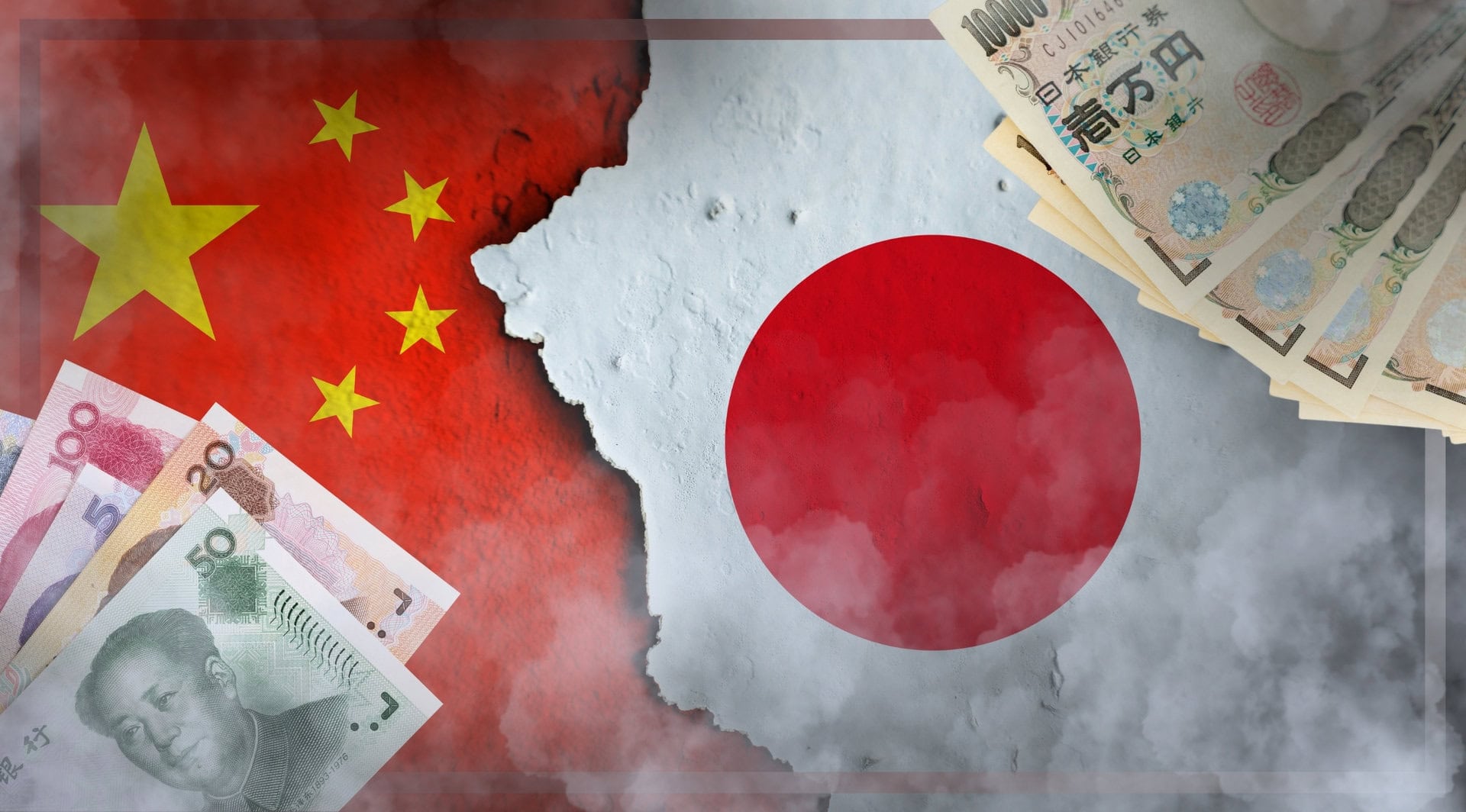The city of Beijing has been of crucial strategic and political importance in China since ancient times. During the period of the Three Kingdoms in the early years of the first millennium, China’s northern border ran close to Beijing, with northern nomadic tribes frequently breaking in across the border.
Beijing therefore became a kind of frontier city: on the frontline of repelling foreign invaders and a gateway to the rest of China’s vast territory, and therefore of the utmost political importance. The legacy of this early history continues to this day, of course, with Beijing being home both to Zhongnanhai, the residences of the Chinese Communist Party leadership, and the National People’s Congress.
Despite its political importance, however, Beijing has never been China’s primary venue for finance or commerce. The financial services industry has tended to be dominated by the megacities of southern China – Shanghai, Guangzhou, and Shenzhen – and, since the handover of 1997, Hong Kong.
Over the last few decades, during which China has charted a path of rapid financial liberalisation and opened its markets to global commerce, these cities have spawned a wider ecosystem of financial services. As Disruption Banking explored in a recent feature on Shanghai, the quantitative trading industry, long dominated by Western finance, is now taking an increased interest in the Chinese market.
The #quant space in #Shanghai remains nascent. The question as to whether the city’s market could grow further and faster is, in many ways, bound up with the wider question of whether #China will seek to integrate into the global economic order.https://t.co/INbkfNapP4
— #DisruptionBanking (@DisruptionBank) October 10, 2023
There are signs that this trend could now be coming to Beijing, too. Huitong Li, a quantitative trader in the Chinese capital who has previously worked with Morgan Stanley, told Disruption Banking that the launch of the Beijing Stock Exchange in November 2021 has encouraged “China’s economic centre of gravity to shift to Beijing.” Quant traders are taking note.
“The number of people involved in quant trading in Beijing is increasing, but the scale is far from the level of Western countries and Hong Kong,” Li said. “However, the number of small investment firms starting quant trading in Beijing has begun to grow rapidly.”
Li added that private equity firms appear to be taking the most interest in Beijing as a venue for quant trading, but that investment banks are also exploring the possibility, albeit to a more limited extent. “Much of the real work is done by private equity firms, which tend to be smaller and use a combination of domestic and international markets, including Hong Kong, to make private investments using their own quantitative models,” he said.
“While large investment banks and securities institutions have their own quantitative groups, their own projects are few and small,” Li added.
The Beijing Stock Exchange, a 3rd addition to A-share market, will be officially launched on Nov 15, the bourse announced Fri. Over 2.1m investors have made reservations for access to BSE trading as of Fri; the number of qualified investors is expected to top 4m after launch. pic.twitter.com/XyQndsAMzr
— Global Times (@globaltimesnews) November 12, 2021
As in Shanghai, the quant industry in Beijing remains at an early, nascent stage of development despite substantial growth prospects. In 2021, across the whole of China, 726 new quantitative trading-focused fund products were launched every month, according to Shenzhen Rongzhi. Beijing-based Joint Quant Investment also said that quantitative trading already account for up to 30% of all trading activities in China’s A-share market. But what hurdles are thwarting more rapid development?
Li suggested that several regulatory obstacles remain in place, particularly those pertaining to futures and derivatives products. “For China’s domestic market, the trading of futures and derivatives is not very sound – there are not very many varieties of futures products and unreasonable pricing occurs frequently,” he told Disruption Banking. “The futures market also has relatively strict regulations on short trading […] while there is a minimum proportion of funds that can be invested in stocks, which cannot be held short.”
This is partly a legacy of the Asian Financial Crisis of 1997-98, after which regulators across the continent took a stricter approach to quantitative and algorithmic trading, and indeed many other forms of financial activity perceived as unacceptably risky.
The result of this is first to stunt the market for domestic futures and quant trading, and secondly to encourage the deployment of more conservative strategies. “In my past experience, I think it is difficult to find alpha returns in the Beijing market […] in terms of total amount and preference, I think that more conservative quantitative hedging is the preferred strategy,” Li said.
Should sounder regulation come forward to guide the use and trading of futures and other such products, whole new swathes of quant activity could become possible in Beijing and China’s other trading hubs.
China's murky world of high-frequency futures tradinghttps://t.co/VggtM4JKqa
— Nikkei Asia (@NikkeiAsia) March 7, 2022
Li is optimistic that regulators in Beijing will take a more accommodative approach to the regulation of the quant space in the future – not least because of the success experienced by the country’s international financial market, Hong Kong. He believes that “China will gradually release restrictions of quant trading while maintaining a relatively high level of supervision” to encourage the growth of this important subsector of global finance.
“With Hong Kong as a success story, the Chinese mainland market will soon also be able to complete market-orientated reforms. The attitude of the Chinese government is to strengthen the market-orientated reform of China’s stock market, and the gradual quantitative policy of the domestic market can be implemented,” Li said.
“All this means that more enterprises and financial institutions, in Beijing and across China, will be able to participate in quant trading.”
Author: Harry Clynch
#Beijing #China #Quants #Finance #InvestmentBanking #HedgeFunds















